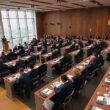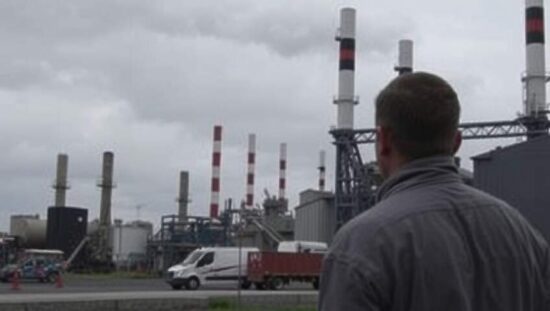Brandenburg’s State Premier Dietmar Woidke is pressing for the swift implementation of proposed safeguard tariffs on steel imports, signaling a growing urgency within Germany’s industrial heartland to protect domestic industries and jobs. In an interview with Politico, Woidke emphasized the need for the European Commission’s existing proposals to “take effect rapidly” warning of potential repercussions for businesses and employment if action is delayed.
Woidke’s call reflects a broader sentiment among German industry leaders struggling to compete against heavily subsidized steel producers, particularly from China. The proposed tariffs, slated to levy a 50% duty on steel imports exceeding 16 million tons, represent a significant escalation from the current mechanism, which only triggers higher tariffs at the considerably larger volume of 34 million tons. While the Commission’s move aims to level the playing field, critics argue it may not go far enough to effectively address the scale of the challenge.
Beyond immediate tariff implementation, Woidke highlighted the pivotal role of energy transition in securing the future of Germany’s steel sector, specifically emphasizing the potential of electric arc furnaces. He argued that the shift towards electrification, powered by renewable energy, is not merely a technological evolution but a competitive imperative. This assertion underscores the vulnerability of German steelmakers to volatile energy prices and the critical need for predictable and affordable electricity supply.
The proposed “industrial electricity price” is, according to Woidke, insufficient as a long-term solution. He insists on a more comprehensive energy policy that prioritizes the distribution of competitively priced renewable energy from regions with high levels of expansion. This implies a structural critique of Germany’s energy distribution system, suggesting that current infrastructure limitations are hindering the ability of renewable energy rich areas to support industrial demand. Ultimately, Woidke’s statements reveal a complex interplay of trade protectionism, industrial strategy and energy policy, signaling potential political tensions as Germany navigates the demanding landscape of global competition and the urgency of decarbonization.





